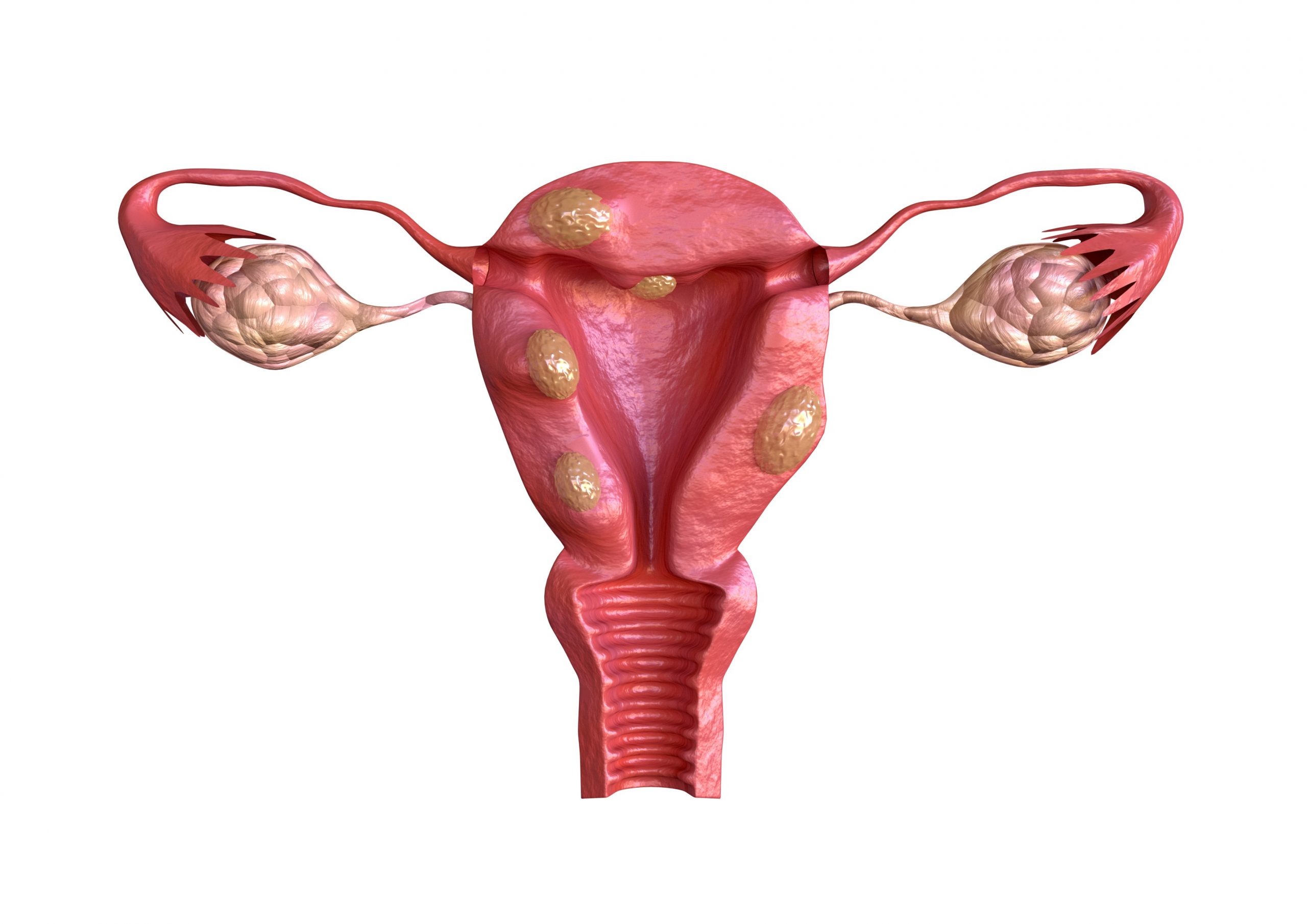What You Ought to Know About Fibroids Treatment

Uterine fibroids are fibrous tissue and muscle growths in your uterus. If you have fibroids, you are not alone, as about 80% of women have this condition around their 50s. You don’t have to endure the symptoms caused by the fibroids, as there are several effective treatment options offered by uterine fibroids specialists such as Dr. Andrew Doe of Alate Health. However, managing this condition depends on several factors such as the symptoms experienced, age, desire for children, and many more.
Symptoms of Fibroids
Although not all fibroids cause symptoms, those that cause symptoms can make it difficult for you to function normally. Some of these symptoms include:
- Long periods with heavy bleeding
- Pelvic pressure
- Painful periods
- Painful intercourse
- Urinary incontinence or frequent urination
- Bloating
- Anemia
When to Seek Fibroids Treatment
Please, if you experience the above symptoms, do not hesitate to seek medical attention immediately. This is because the treatment options available to treat the condition before the symptoms have worsened are vast, and many are conservative options, unlike when the symptoms are worse.
As you seek treatment, it would be better to consider if you want to have children moving forward and let your provider know. This is because there are treatment procedures that can work well if you have plans to conceive and give birth, and others will do well if you have no plans to get pregnant.
If you are in your 40s and tolerate the symptoms, you may decide to wait until you reach menopause as the symptoms can regress after menopause. However, if the symptoms affect your life, please talk to your doctor to determine which treatment option is right for you.
Treatment Options for Fibroids
Uterine Artery Embolization
This treatment option involves a minor procedure to deposit small particles into your uterine artery to block blood flow to the fibroids. This shrinks the fibroids and reduces bleeding. However, this procedure may not be advised for you if you still want children in the future.
Medical Treatment
This is where the traditional contraceptives containing estrogen and progestin are used to relieve some fibroid symptoms. They can reduce bleeding and also regulate your periods. Although this treatment option is effective, the symptoms can return if you stop taking the medications.
Myomectomy
If you still desire to have children, this procedure can be used where the fibroids are surgically removed and the uterus is left in place. The fibroids can be removed through several techniques depending on their location. They can be removed through your vagina or your abdomen.
Endometrial Ablation
If you have completed childbearing, this procedure can be recommended. It is a minor procedure aiming at destroying the uterus lining to decrease the bleeding. Although pregnancy becomes less likely after this procedure, it does not provide contraception.
Hysterectomy
This is a procedure that offers a permanent solution to your fibroids problem. It involves the removal of the uterus along with the attached fibroids. This is a suitable option if you no longer desire to have children.
If you have fibroids, the best way to learn about your treatment option is to speak to an expert. As you have noted, several factors affect the decision to go for certain options, and it would be better to have your provider diagnose your condition to come up with the best treatment procedure. Contact Alate Health and book your appointment.








